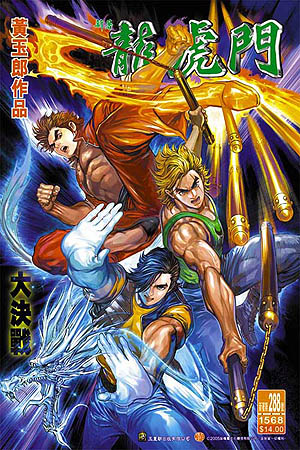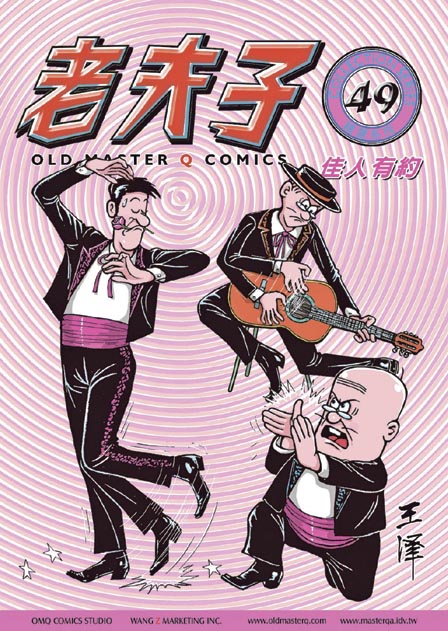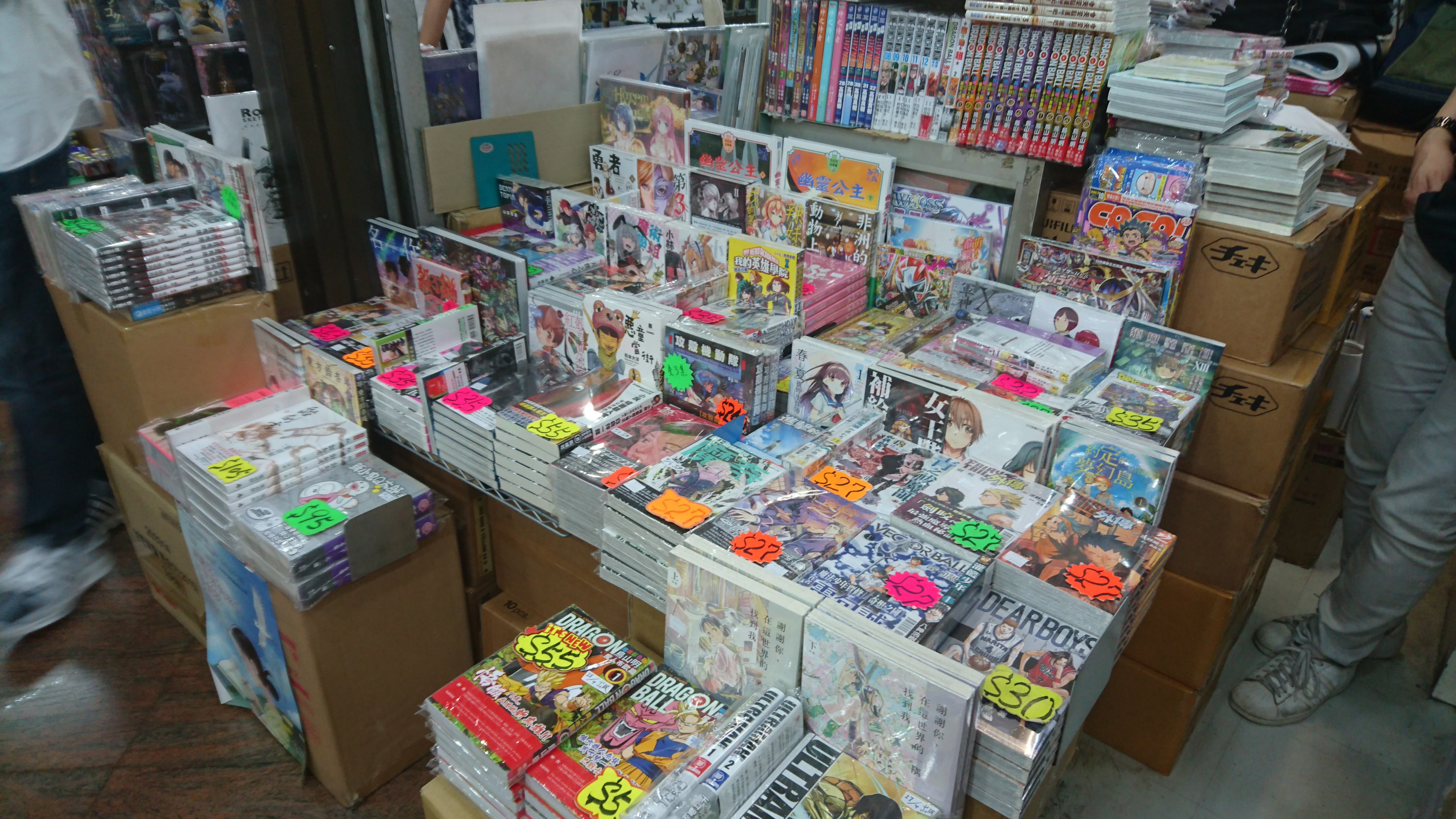A digital pen glides across an iPad, drawing, erasing and shading. Cartoon figures begin to appear on the screen as the pen strokes continue. Jason Li scrutinizes the screen, quickly erasing a misshapen hand from his character’s arm
Li studied to be an Engineer at an Ivy League university. Now he’s a struggling comic book artist. He has been working on his comic book for nearly a decade, and he is nearly finished. The only hard part is getting it published and sold.
The book is called The House On Horse Mountain (馬山村九一五號) and is a collection of stories told by his mother who grew up in Tai Hang up in the mountains behind Happy Valley in Hong Kong. She and her family moved to Hong Kong in the early 1960’s trying to escape the poverty and difficulty growing out of Mainland China at the time. His mother grew up in a tiny house made from wood and steel. There was no running water or electricity. It is a part of Hong Kong that is long forgotten by most.
“I’m trying to talk about it in terms of her growing up in a shanty town basically. It was such a happy story that I didn’t think about it as a shanty town. When we see shanty towns in documentaries, it is squalor, and people are sad,” said Li. “Her story is the opposite of that. It’s a counter-narrative around that. That’s also why it’s from her perspective.”
It will be hard for Li’s book to get published as the Hong Kong Comic book industry is dying and has been doing so for the last ten years mostly because artists are relying on the same story lines from a long ago era. As well, the audience has changed a lot with computer games, the internet competing for people’s time. If the industry wants to get better, then it needs to find different stories to survive. Jason Li’s book is an example of breaking that mode and ushering in a better future for the industry
“The ‘golden era’ of comics was around the 70’s and ‘80s. Now some companies are still producing those kinds of comics, but there has been a change,” said Gordon Lo Ka Yin, program & operations manager for the Hong Kong Arts Centre who manages the comics and animation museum Comix Home Base in Wan Chai.

There was a thriving comic book publishing scene with many writers, publishers, and illustrators who produced weekly comics. The Hong Kong, Comics and Animation Federation, estimates a comic could sell 200,000 copies of a weekly issue in 1990. Now even the most popular comic don’t sell more than 20,000.
Another reason for the decline is there are simply more options to occupy people’s time. Before there were books as well as radio and television which wasn’t portable. But now, with the internet and mobile phones it is easier to play games, listen to music, and watch videos. There isn’t the need to read physical comic books anymore. The internet has also allowed people to read comic books ‘for free’ via legal and illegal downloads.
“Before there would be 20 different weekly comic titles but now we are lucky if we get five new ones,” said Cheung Sui Sun (張瑞新) owner and operator of 至 Goal Club a comic book store in Sino Centre in Mong Kok. He opened two stores in 2000 but has now been reduced to one store and is gradually trying to sell more Japanese Manga (comics) and more comic related things like dolls, models and magazines than local comics to help pay the rent.
In the hey days there were many titles like Little Rascals which was later renamed as Oriental Heroes (龍虎門) by Wong Yuk-long which started in the 1970s and continues to be one of the biggest sellers today. There is Storm Riders or Fung Wan (風雲) by Ma Wing-shing (馬榮城) which started in 1998 and has been adapted into movies, TV, computer games and even a live dance show performed by the Hong Kong Dance Company last June. These comics all revolve around fighting or kung fu as the main theme.
“Today, the authors are repeating their works. The content is the same as ten years ago and because the sales are going down. Their heart is not as big as before to find more topics,” said Cheung.

He talks about the past where there were more than just Kung Fu or fighting comics. There were comics about horror, comedy, romance and others. There were comedies like Old Master Q (老夫子) by Alfonso Wong Kar-hei who passed away on New Year’s Day this year. There were romance and love comics like Feel 100% (百分百感覺) which started in 1992 and ended in 2007 where it won the first International Manga Award in its final year. There were also a lot of horror comics like Troublesome Night (陰陽路) which was turned into a series of movies (a series of movie) in 1997 as well as Incredible Story (怪異集)
“We need to find new stuff to stimulate the customers constantly . For example like an iPhone. If there are no new functions on the iPhone 8 would you buy it?” said Cheung.
Li’s book has the potential to make a change since it is different and tries to reconnect with Hong Kong’s almost forgotten past. He hopes to break even with the book and make enough to recoup the costs of publishing. Even though he studied at one of the best universities, Brown University, he is driven by his passion for graphic design and by telling stories.
“The easiest way to explain it is like most illustrators or artists I started as a kid and just didn’t stop. I kept drawing and drawing,” said Li. “The engineering was more like ‘oh ok’ I thought engineering would lead to more design.”
In university, Li took a life writing course and got the inspiration to start his book through his professor. He has been working on it since as well as other projects. He pays the rent by doing freelance work such as doing drawings for advertising companies and working with start-ups for various companies in and around Hong Kong like most artists today.
“Today’s artist are doing things in many different ways and are multi-discipline artists. Some are designers, models, teachers, graphic designers and so on” said Mr. Lo. “As we move from the old comics to the new, the artists are more independent and have multiple talents as they try to make a living from other avenues.”
Li knows he will not be making a living as a comic book artist like those before him. He knows those days are over but for this book, he hopes to sell a few small samples online through Kickstarter to finance the first few runs of the magazine.
In the past, he would sell the story to a book publisher like JP Books or Commercial Press where they would pay him for the story and print the books. Those days are gone, and he needs to rely on himself. It is a hard road to get the book published and into bookstores. For him, the stories are important and need to be shared as Hong Kong continue to change. As for the comic book industry there is still some hope about its survival.
“It will shrink but it won’t disappear,” said Cheung. “Like Cantonese Opera, it is a minority interest but it still exists. For example take a look at the Sunbeam Theatre (新光戲院).”
